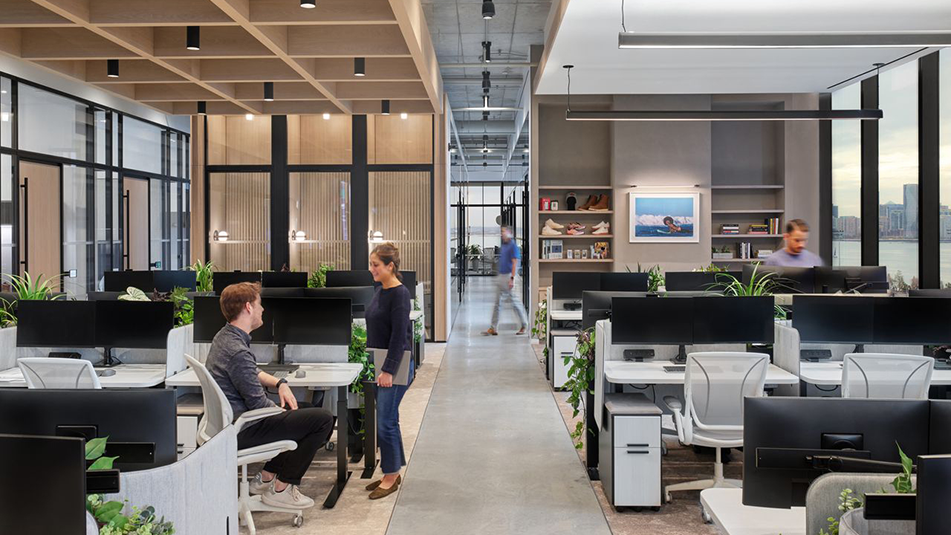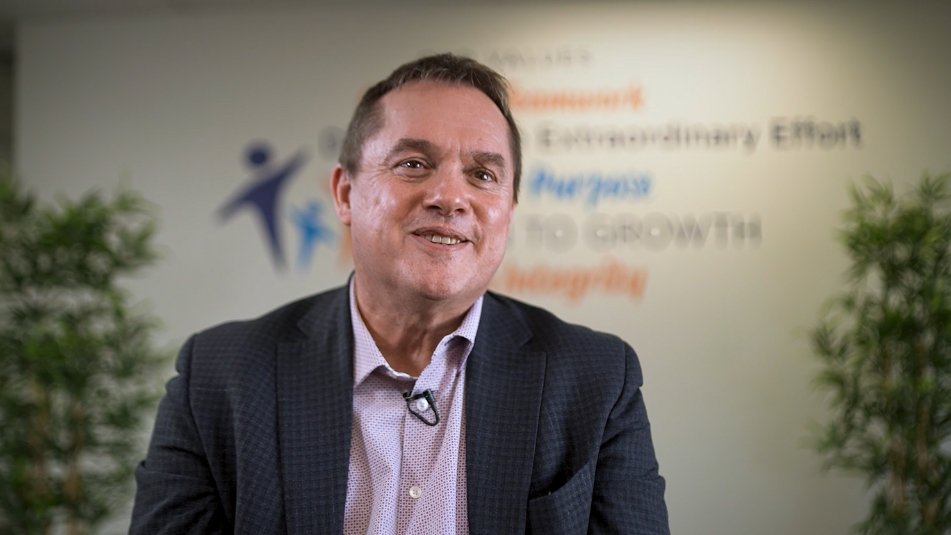18 Months Later: Here's What We Have Learned
The COVID-19 pandemic has proven to be a tremendous period of disruption, and it's safe to say we haven’t navigated every hurtle quite yet. However, there have been many valuable learning experiences that came out of the 18 months since we left the workplace and retreated to our homes in pursuit of successful remote work. Here are a few insights that the pandemic taught us about ourselves and how we work.
The Restrictions of Remote Work
When offices began to shut down in March of 2020, there was an element of panic about whether people could successfully work from home. While there are a variety of opinions about the concept, everyone was forced to reevaluate their systems of getting tasks done. For some people, that meant learning that they can, in fact, be a productive remote employee. Others reflected on the incredible value of having an office as a reliable venue to get things done. Overall, the pandemic forced us to reconsider the way we work, allowing us the opportunity to change our habits, test our limits, and comprehend how valuable our time is.
The Lessons We’ve Learned
You would be hard pressed to find someone who hasn't learned a lesson or two about how they work best throughout the pandemic. One concept that surprised many was the fact that employees managed to be just as productive at home as they were from the office. This has been supported by extensive studies, including one conducted by Stanford University over a nine-month period. In the study, call center employees who volunteered to work from home were found to have increased their productivity by 13%. Certainly, many remote workers felt their experience was similar during the pandemic. The ability to utilize technology to interact with others in ways that weren't available in the past enabled remote workers to function at their best level. Plus, the removal of the commute gave employees more time to sleep or spend with their families. By efficiently managing their time, employees learned how imperative personal responsibility was when they didn't have the structure of the traditional workplace.
A Return to the Office
It will be interesting to see how valuable the office is moving forward. While some people are quick to declare that the office is done, that couldn’t be further from the truth. In reality, the physical workplace will always exist is some form. However, it may be in a different configuration than the traditional one we came to know. During the height of the lockdown period, a survey of U.S. workers showed that 60% would choose to return to the office as soon as it became open and considered safe. This is because face-to-face experience is still valuable. With isolation and disconnection high, people still desire some physical human interaction. In addition, some professions require you to be in a physical workplace such as lab workers, scientists, doctors, and more. Add in the variables that come from attempting to work from home, like roommates, dogs, and children, and it’s no wonder many prefer the office environment. It’s also incredibly hard to really duplicate a company’s culture virtually, and the need to be constantly connected digitally often doesn't allow people to “unplug,” blurring any sort of divide between work and life.
A Balancing Act
Work/life balance has always been a concept that's difficult to navigate. But during the pandemic, a successful understanding of the concept became more important than ever. Not only has it proven to be vital in regards to mental health, physical health, and long-term economic success, but people are no longer willing to take jobs that don’t value this balance. Instead, they're looking for roles that emphasize hybrid work models and flexibility. Ultimately, the pandemic has forced people to take the time to evaluate what's important to them when it comes to work and life.
Navigating the workplace experience post-pandemic may be challenging, but it will also be incredibly informative. The lessons we’ve learned over the past 18 months will provide us with a future that is both productive and stabilizing for the workforce. If you’re interested in learning how Cresa’s advisors and workplace experts can assist with your organization’s hybrid work model or plan for the return to the workplace, please don’t hesitate to reach out.



